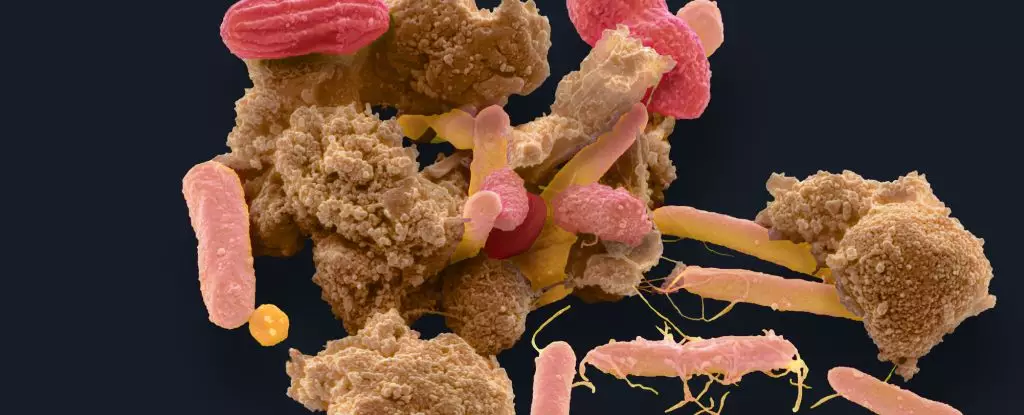Maintaining a harmonious balance of gut bacteria—termed eubiosis—is vital for overall health and well-being. The gut is not merely a digestive system; it is an ecosystem teeming with microbes that influence everything from digestion to mental health. This delicate equilibrium can be disrupted by various factors such as antibiotics, poor diet, and illness, leading to a cascade of health problems including Crohn’s disease, ulcerative colitis, and even neurological disorders. Given this interrelation between gut health and systemic well-being, it is paradoxical that the medical community still leans heavily on treatments like faecal microbiota transplantation (FMT), despite emerging concerns about their efficacy and safety.
The Rising Trend of Faecal Transplants
As the public increasingly turns to probiotics and gut health solutions, FMT has gained traction as a novel approach to restoring microbiome balance. In essence, this procedure involves taking stool from a healthy donor, isolating beneficial microbes, and administering them to a patient—sometimes humorously branded as “crapsules” or “poo pills.” Targeted conditions have ranged from irritable bowel syndrome to metabolic diseases like Type 2 diabetes. Yet here lies the crux: while these treatments are generally perceived as safe, recent research challenges their effectiveness and highlights significant concerns regarding microbial mismatches.
A Cautionary Tale: Mismatching Microbes
A recent study published in *Cell* has illuminated the potential problems associated with microbial mismatches during FMT treatments. A mismatch occurs when the donor’s gut microbes do not align with the recipient’s gut environment, which can lead to detrimental effects on the patient’s immune and metabolic systems. Borrowing terminology from organ transplantation, researchers emphasize that just as a mismatched organ can be rejected, so too can improperly matched microbes disrupt gut function.
This is particularly concerning because the digestive tract is segmented—each section has distinct microbial populations. An FMT transplant from healthy donors does not necessarily account for these anatomical differences, which raises questions about the logic of merely transferring stool samples. In laboratory studies with mice, when FMT was used after antibiotic treatment to destabilize gut flora, the resulting microbial communities ended up mismatched. This led to significant changes in gene expression related to metabolism and immunity, essentially altering the host’s biological functions.
The Fallout of Gene Alteration
While the latest research has not definitively linked these altered gene expressions to specific health issues, the prospect of long-lasting repercussions cannot be ignored. This unpredictability casts a shadow over the enthusiastic application of FMT in treating various ailments. Furthermore, by prompting significant genetic alterations, we might inadvertently set the stage for new health complications that could emerge long after the procedure.
This is not merely a scientific caveat; it is a profound ethical dilemma that practitioners must contend with as they employ FMT in clinical settings. Should we continue to champion this practice without fully understanding its consequences? Should the potential for harm overshadow the promise of restoration? These questions loom large in discussions around gut health and highlight a desperate need for refined methodologies.
The Path Forward: Exploring Safer Alternatives
Fortunately, the latest research also points toward innovative solutions, such as the omni microbial approach, which advocates the transfer of microbes from various sections of the intestine rather than being confined to stool samples. This shift promises a more balanced microbial environment, potentially sidestepping localized mismatches frequently associated with conventional FMT procedures. Additionally, advancements in “terraforming” the gut—selectively populating regions with carefully chosen microbes—signal promising avenues for reconstructing a healthier intestinal landscape.
The dialogue surrounding gut microbiome transplants demands thorough scrutiny. With newfound caution around FMT and ongoing exploration of alternative strategies, the medical community stands on the brink of a paradigm shift. Harnessing the potential of targeted microbiome treatments could ultimately herald a new era in healthcare where the risks associated with gut interventions are minimized while their benefits are maximized. There is hope for a future where gut health can be restored safely and effectively, reshaping our understanding of health beyond just the digestive tract.

